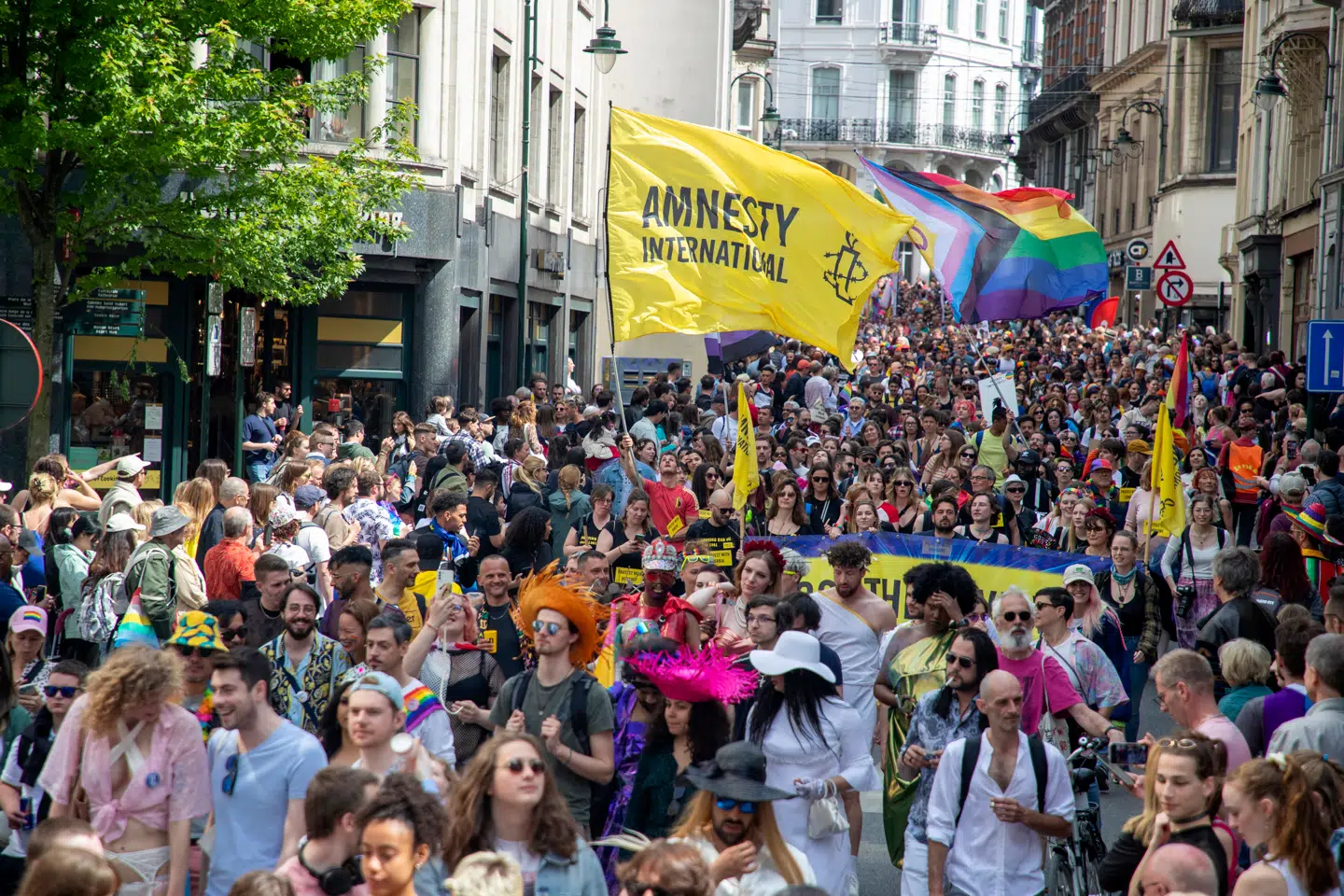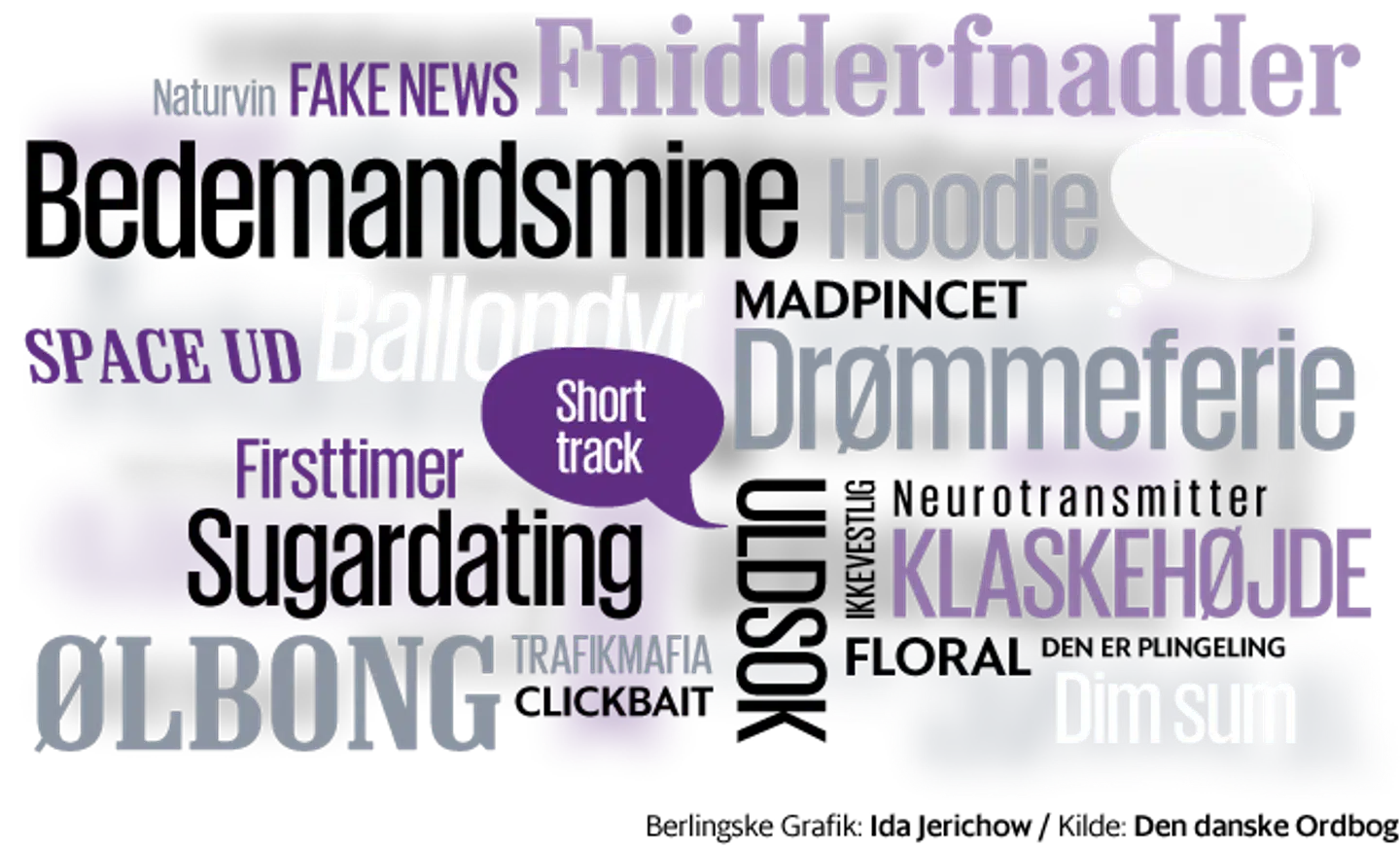I årtier har vi i EU – og ikke mindst i Danmark – set os selv som fanebærere for frihed og ligestilling. Men noget er ved at vende. Fremmarchen af anti-lgbti+-politik i Europa bør få os til at spærre øjnene op. For når autoritære tendenser rykker frem, er det som regel minoriteters rettigheder, der først kommer under angreb.
Minoriteter er som kanariefuglen i kulminen: Når deres rettigheder langsomt kvæles, varsler det et iltfattigt demokratisk klima, som i sidste ende går ud over os alle.
Del:



